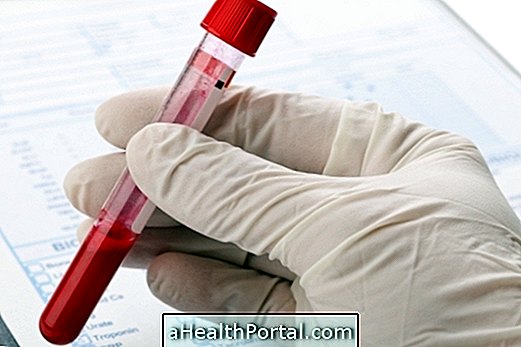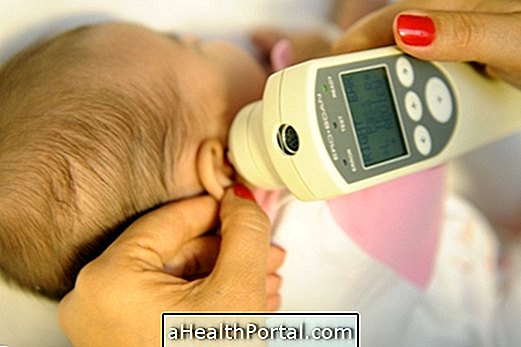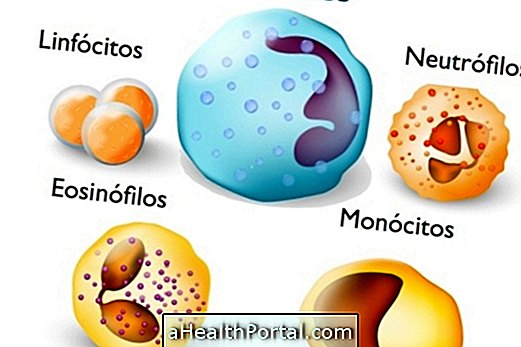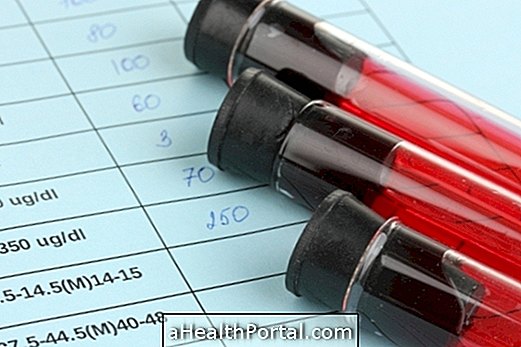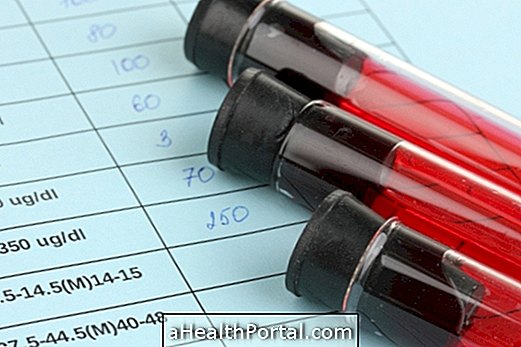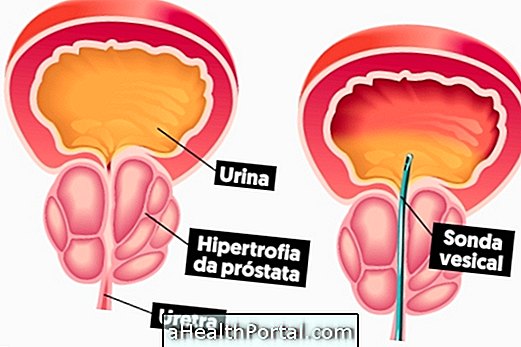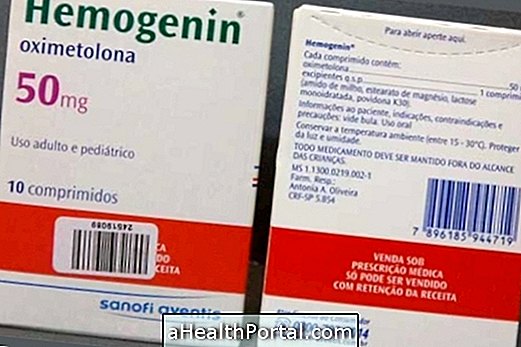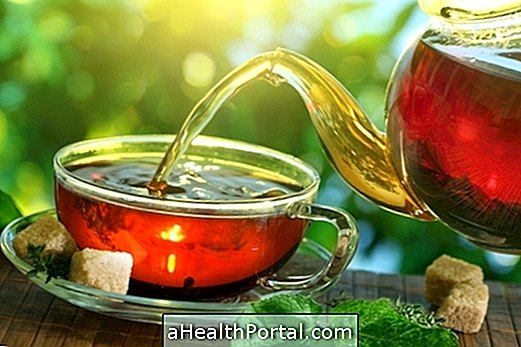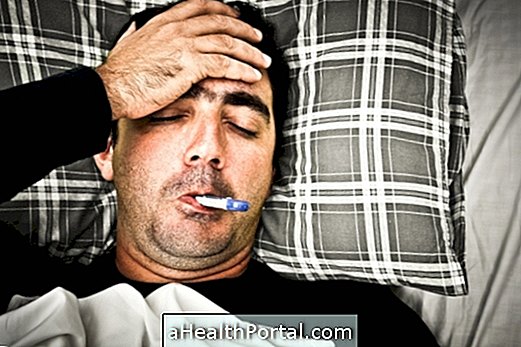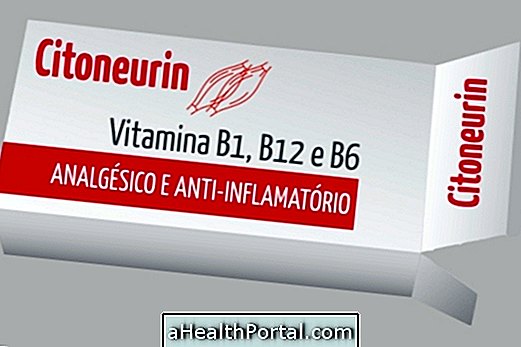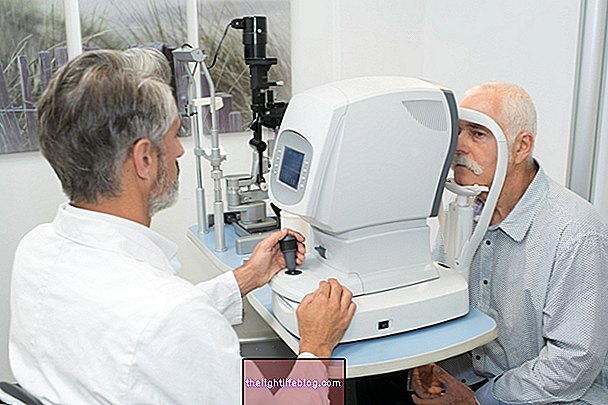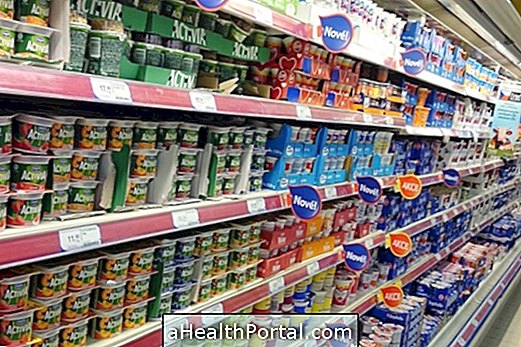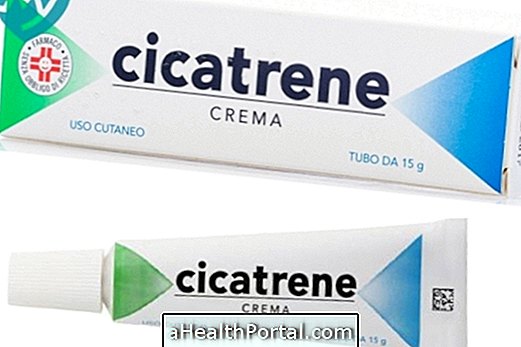Fasting for a blood test is very important and should be respected when necessary because food or water intake may interfere with the results of some tests, especially when it is necessary to evaluate the amount of a substance that can be altered by the food, such as cholesterol or sugar, for example.
The fasting time in hours depends on the blood test that will be performed, but some examples are:
- Glucose: It is recommended that 8 hours of fasting for adults and 3 hours for children be done;
- Cholesterol: Although it is no longer mandatory, it is recommended to fast for up to 12 hours in order to obtain results that are more faithful to the condition of the person;
- TSH levels: It is recommended to fast for at least 4 hours;
- PSA levels: It is indicated to be fasted for at least 4 hours;
- Hemogram : It is not necessary to fast, because in this examination only components that are not altered by the feeding like the number of red blood cells, leucocytes or platelets are evaluated. Find out what the blood count is for.
In cases of people with diabetes who need to take blood glucose measurements several times a day, the times and time after feeding should be guided by the doctor during the visit.
In addition, the fasting time may vary according to the laboratory in which the test will be performed, as well as which tests will be performed on the same day, and therefore it is important to seek medical or laboratory guidance about the fasting time required.
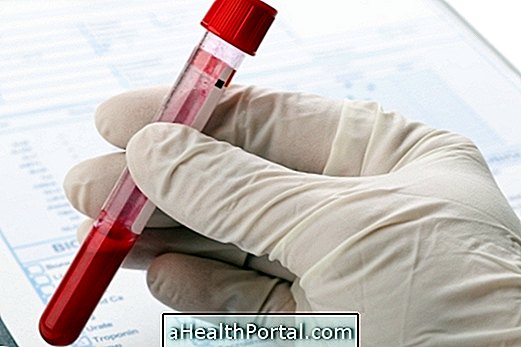
Is it allowed to drink water during the fast?
During the fasting period it is allowed to drink water, however only enough to quench the thirst should be ingested, since the excess may alter the result of the examination.
However, other types of beverages, such as soft drinks, teas or alcohol, should be avoided as they can cause changes in blood components.
Other precautions before taking the exam
In preparation for blood test for glycemia or cholesterol, in addition to fasting it is also important not to perform physical activities 2 to 3 days before the examination. In the case of a PSA blood test, sexual activity should be avoided in the 3 days prior to the test, in addition to situations that may increase PSA levels, such as riding a bicycle and taking some medications, for example. Learn more about the PSA exam.
In all cases, the day before the blood test, avoid smoking and drinking alcoholic beverages, as they influence the results of the analysis, especially in the measurement of glycemia and triglycerides. In addition, some medicines, such as antibiotics, anti-inflammatories, or aspirin, influence the blood test results, and it is important to tell the doctor which medicines to use for suspension advice if necessary and to get them taken consideration.
See also how to understand the results of the blood test.
